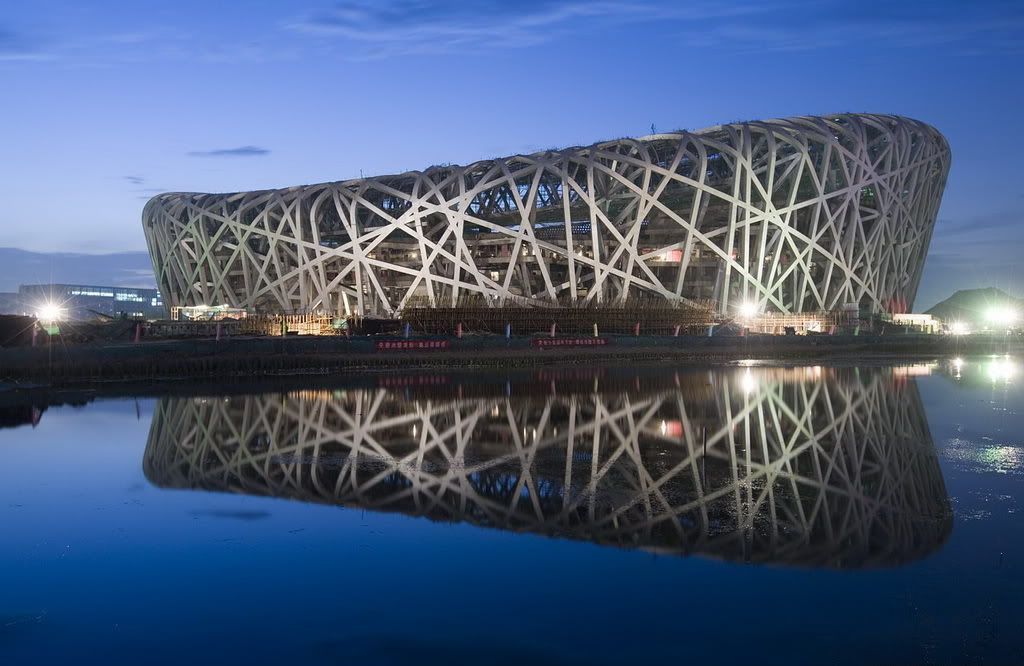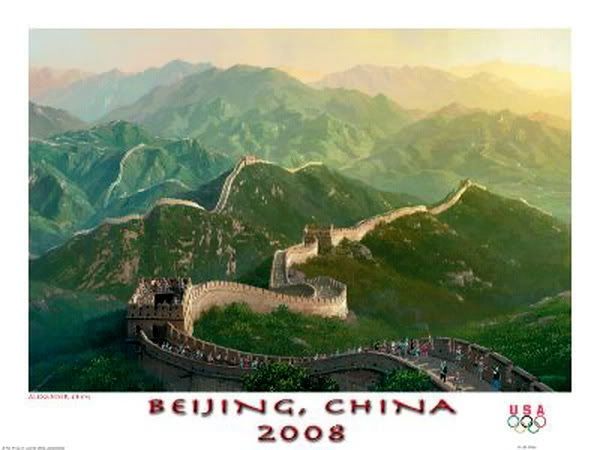1964 - Tokyo - Summer

It recalls the official emblem, composed of the Olympic rings superimposed on the emblem of the Japanese national flag, representing the rising sun. There was a total of four official posters, all designed by Yusaku Kamekura. They were all made by photoengraving using several colours, highlighting the technology of the Japanese printing industry.
Τόκιο 1964

It recalls the official emblem, composed of the Olympic rings superimposed on the emblem of the Japanese national flag, representing the rising sun. There was a total of four official posters, all designed by Yusaku Kamekura. They were all made by photoengraving using several colours, highlighting the technology of the Japanese printing industry.














Comment